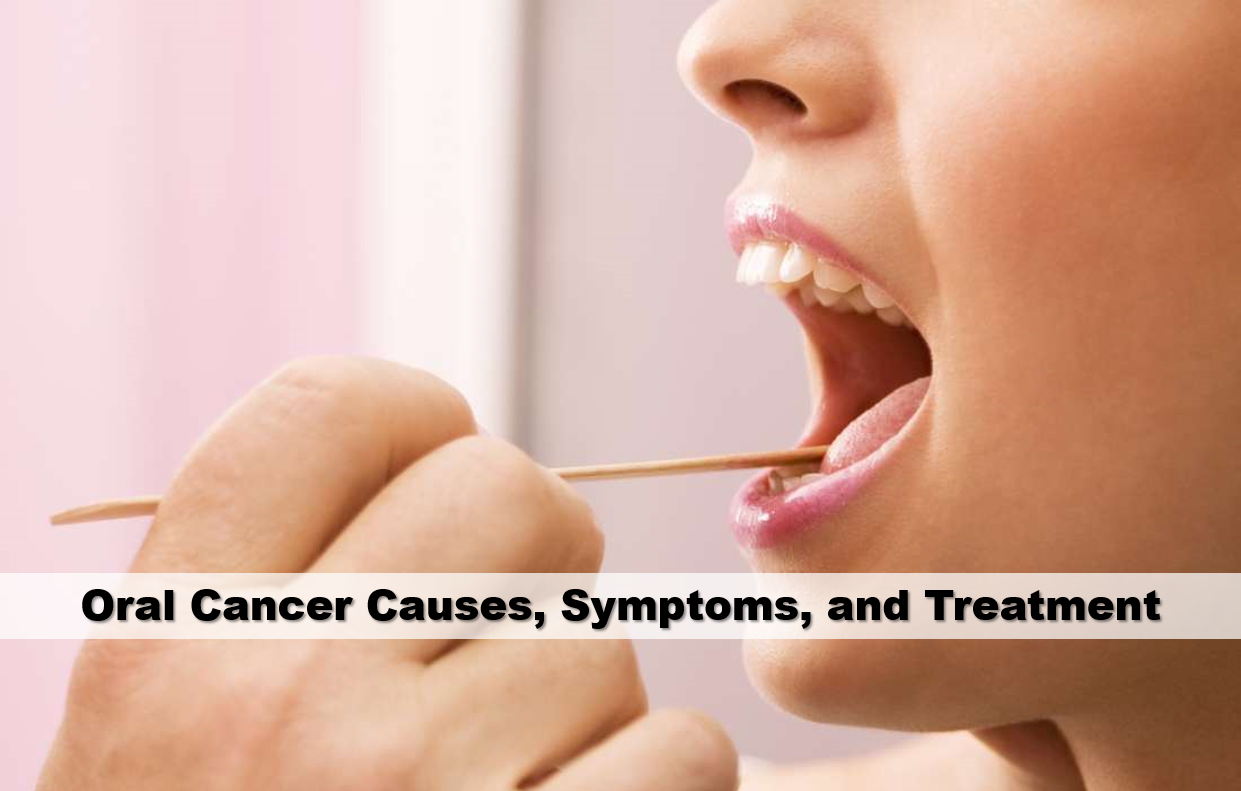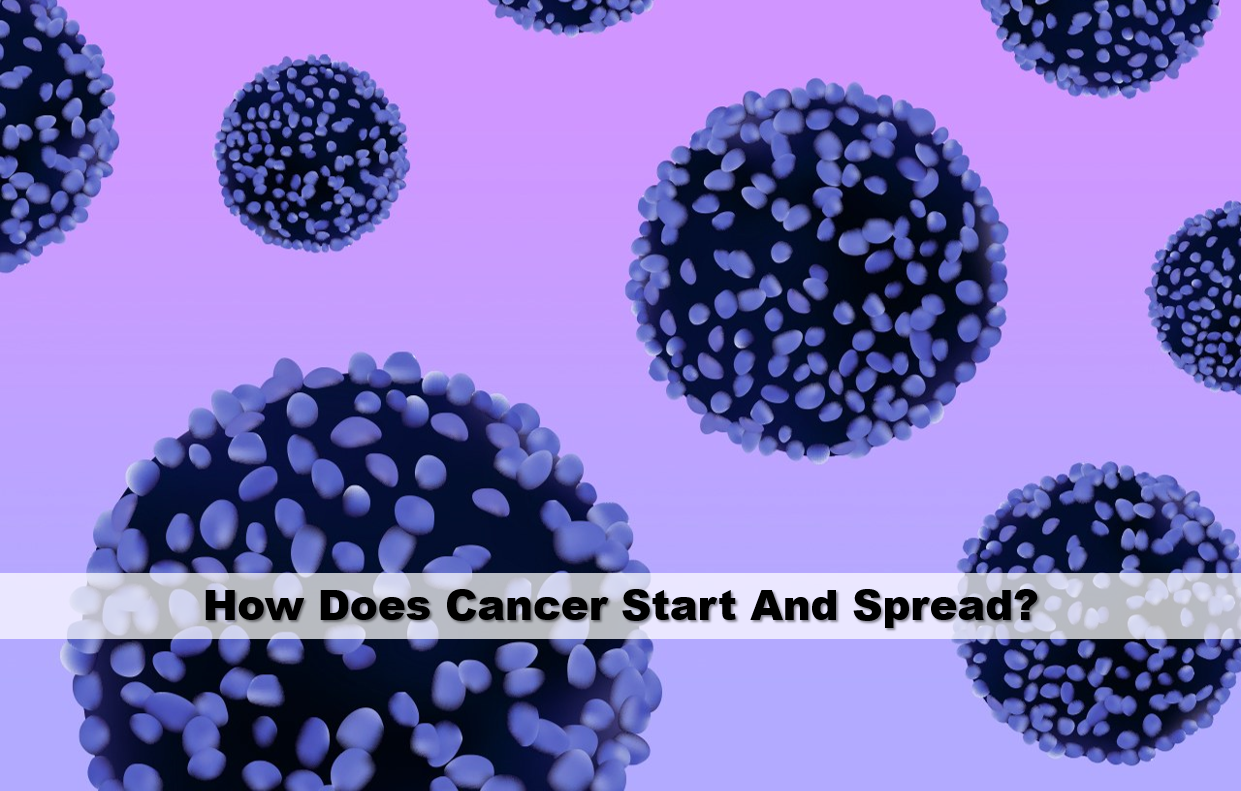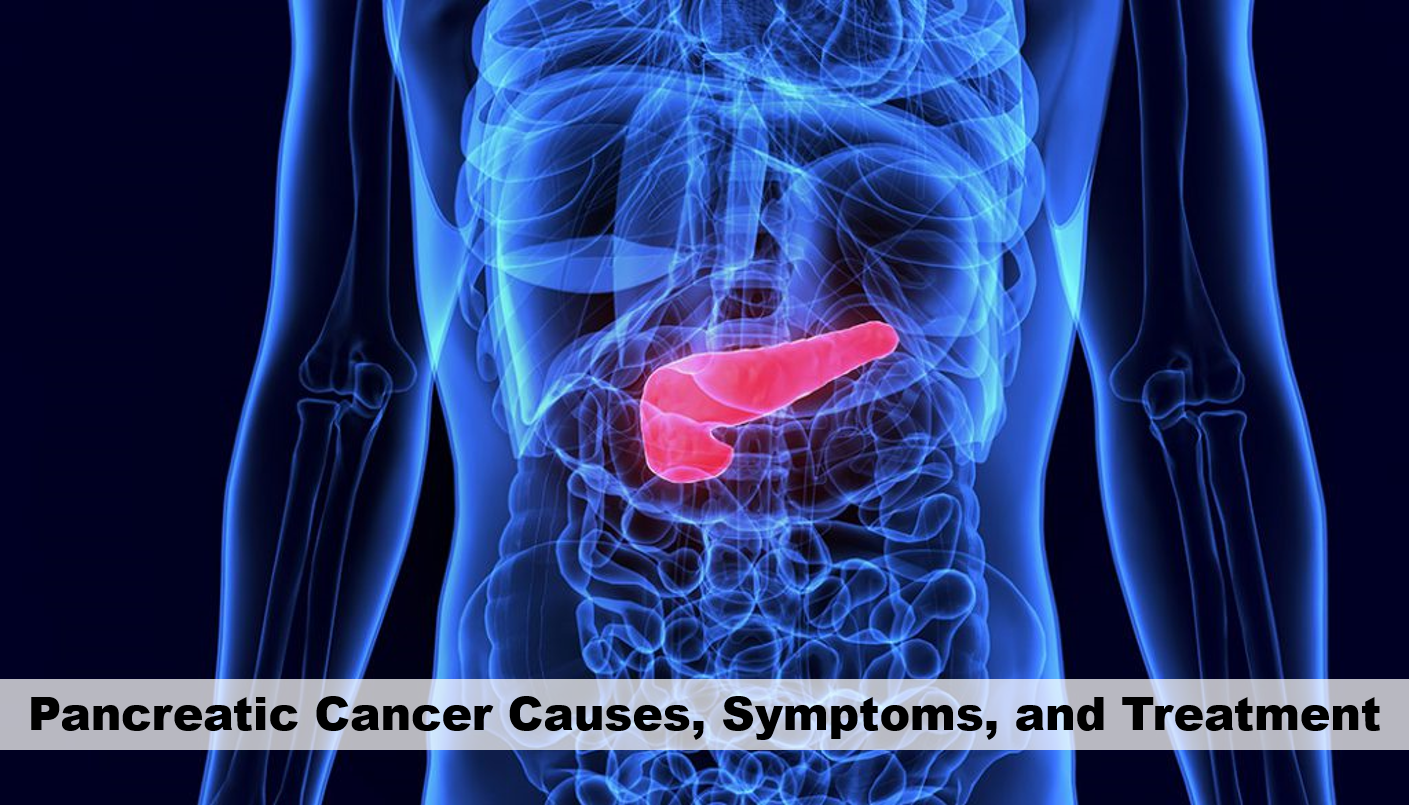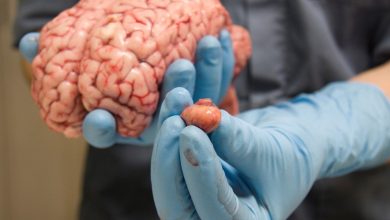Oral Cancer Causes, Symptoms, and Treatment

What are the first signs of mouth cancer? Is mouth cancer fatal? Is oral cancer curable? Oral cancer is a disease that is becoming more common in society, but it is a poorly understood disease. The incidence of oral cancer has increased by 25% over the past ten years. If oral cancer is not diagnosed and treated early, it can spread and cause continuous pain, loss of function, face and mouth deformities that cannot be fixed after treatment, and even death.
Therefore, any swelling or tissue change in the mouth that does not disappear within a month should be reported to the doctor. Here, we will explain the oral cancer causes, symptoms, and treatment in the text below.
What Is Oral Cancer?
Oral cancers are caused by changes in the DNA of cells in the lips or mouth. A cell’s DNA contains instructions that tell a cell what to do. Mutation changes tell the cells to keep growing and divide when healthy cells die. Accumulated abnormal oral cancer cells can form a tumor. Over time, they can spread into the mouth and other parts of the head and neck or other parts of the body. Oral cancer refers to cancer that develops in any part of the mouth (oral cavity). Oral cancer can occur in:
- Lips
- Gums
- Tongue
- The inner lining of cheeks
- Palate
Cancer that occurs inside the mouth is sometimes called mouth cancer or oral cavity cancer. Oral cancer is one of several types of cancer grouped into a category called head and neck cancers, and all are treated similarly.
Oral Cancer Causes
Cancer is always a frightening and distressing disease, but as with any cancer, early detection of oral cancer is significant for successful treatment. Neglect of oral and dental care, stress, and increased tobacco and alcohol use increase the risk of developing oral cancer.
Risk Factors for Oral Cancer
Some people with similar lifestyles have no clear scientific explanation as to whether or not they have oral cancers. However, a well-known issue is that it is not contagious. So, a person can’t get cancer from another person! However, studies show that some factors are effective in the formation of cancer. People who drink large amounts of alcohol and smoke are already at risk for all forms of cancer. Apart from these, if you have habits such as chewing cheeks and biting your lips, you have wounds in your mouth, if you see color differences and bleeding, you are in the risk group for oral cancer.
#1) Tobacco
Almost all of the causes of oral cancer are tobacco. Long-term and intensive use of tobacco and tobacco products increases the risk. The risk of oral cancer increases, especially in those heavy smokers with alcohol habits. 90 percent of oral cancers occur in tobacco users.
|5 Warning Signs Of Tongue Cancer |
#2) Alcohol
It is known that alcohol users are at risk more frequently than those who do not use alcohol. The risk increases in proportion to the abundance of alcohol intake.
#3) Sun Rays
It is effective in the formation of lip cancers as in all skin cancers. Especially in smokers, the risk is increasing.
A family history of cancer, poor nutrition, poor living conditions and the presence of health problems increase the risk. People who have previously been treated for head and neck cancer and continue to smoke are at increased risk. The risk for oral cancers is very high in the presence of fractures in the mouth, chronic wounds caused by sharp-edged dentures or teeth, and especially in people who continue to smoke.
Oral Cancer Symptoms
Early diagnosis of mouth cancer is significant for the treatment to have positive results. Therefore, you must examine yourself and detect changes in your body, even if you do not go to the doctor. Symptoms of oral cancer include:
- Whitish or reddish marks in the mouth
- Non-healing wounds
- Throat and jaw sores
- Earache
- Difficulties in swallowing and chewing
- Intraoral bleeding
- In-mouth lumpy skin
- Speech Difficulty
- Numbness in the mouth
- Loose tooth
If you experience one or more of these symptoms for more than two weeks, you should consult your family doctor. It is also essential that you visit your dentist regularly for early diagnosis.
Oral Cancer Treatment
Treatment methods vary according to the severity of the disease and the extent of the disease. Radiotherapy is a method in which the tumor is reduced with the help of X-rays. It can cause thyroid problems and dry mouth, but these side effects can be treated with medication. Chemotherapy is usually applied together with radiotherapy. It is a treatment method used to destroy the rapidly-growing cancer cells with medication; however, it can also damage cells other than cancer cells. Therefore, people who receive chemotherapy treatment may experience symptoms such as hair loss and vomiting. Surgery is a treatment method that involves the removal of cancer cells by surgical intervention.
Oral cancer is not contagious. You can’t take this disease from someone else like the flu. If you pay attention to your oral and dental care and avoid bad habits, you have a very low risk of getting the disease. You can also look at Tongue Cancer: Causes, Symptoms, and Treatment.





